To the rest of the European Union: Don’t punish Britain
Britain made its choice. Now, the rest of the EU must decide: Does it punish Britain to deter other member states from following suit, or does it try to accommodate British interests as much as possible? Indications from European capitals prior to the vote suggested they were inclined toward punishment. Today, EU leaders called for a speedy U.K. exit with no major concessions. This would be an egregious mistake. There are two parts to the negotiation process—exiting (the Article 50 process) and agreeing on new relations on trade and other areas. The first can be accomplished quickly, but the second could take considerably longer. Concluding the first without the second would deepen Europe’s crisis, worsen the economic fallout, and could badly damage relations with Britain for generations. Hard as it is, the EU should adopt a generous approach and try to make Brexit as smooth as possible, which includes ensuring good relations with Britain after it leaves, even if it takes considerably longer than two years.
To the next British prime minister: Slow the process down
The Leave campaign won a majority, but 48 percent of the electorate is frightened and distraught about the future, not least because of the divisive and nationalist nature of its campaign. Today’s economic fallout will deepen the sense of crisis. The next prime minister, who is likely to be from the Leave campaign, should slow the process of Brexit down. He or she should insist on negotiating the exit (the Article 50 mechanism) and Britain’s future relations with the rest of the EU in parallel; respect the interests of other EU members instead of just demanding that the will of British voters be accommodated; and be open to associate membership or a special relationship with the EU if that’s where the negotiations lead.
To the Remain campaign: Push for a second Brexit referendum
The Leave campaign made a series of promises about what life would be like outside the EU. It now has a mandate to negotiate with the rest of the EU to achieve those goals. Unfortunately, many of those promises were fanciful and are unlikely to materialize, even if the EU is cooperative in negotiations. Once the dust settles, the Remain campaign should press for a second referendum on the terms of departure. Therefore they should support a parallel process whereby negotiations on Article 50 and future relations conclude simultaneously. The Leave campaign will resist a second referendum, but they will lack moral authority given their support for the popular vote. If it is right and proper for the people to have a say on EU membership, shouldn’t they also have a say on the outcome of the negotiations to determine whether they are what the Leave campaign promised? Indeed, this February Boris Johnson suggested he could support a second referendum before reversing himself. If he’s prime minister, maybe he can be persuaded to take up the idea again.
To Scotland: Hold off on a second independence referendum
It is widely believed that Scotland will now try to separate from the United Kingdom. But it is not a simple process. The Scots need the British government to agree to a new independence referendum. The Conservative Party now has a leadership election and the candidates are likely to rule this out. The Scottish Nationalists will protest and campaign for a new vote, leading to a tense stand-off and a constitutional crisis. But an independent Scotland would find it difficult to succeed if the rest of the U.K. lacked a trade deal with the EU. Scotland would be best advised to wait to see what deal the British government can negotiate. It should join the Remain campaign in pressing for a second Brexit vote. Then, and only then, should it demand a second independence referendum.
To Ireland: Act as a mediator between Britain and the rest of Europe
After the U.K., Ireland is the EU member state harmed the most by Brexit. Brexit jeopardizes the peace process in Northern Ireland and could badly damage the Irish economy. Ireland should position itself as an honest broker between Britain and the rest of the EU. The Irish Taoiseach should forge a close relationship with the new British prime minister and work tirelessly to achieving a comprehensive agreement that minimizes the damage of Brexit and allows for close trading relations between Britain and the EU.
To the United States: Be active in Brexit negotiations
The United States has had a long-standing strategic interest in a strong and united Europe. That suffered a major setback yesterday. Now, Washington has a role to play. It should work to reduce EU anger with Britain and to persuade EU member states to make the process as smooth as possible. It should also try to persuade the British government to take a constructive and reasonable approach in the negotiations. It should insist on a parallel negotiating process of exit and future relations. And it should make clear that a strong EU remains in America’s long term interests.
The Brookings Institution is committed to quality, independence, and impact.
We are supported by a diverse array of funders. In line with our values and policies, each Brookings publication represents the sole views of its author(s).

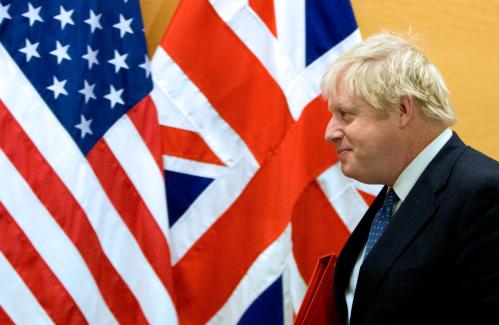

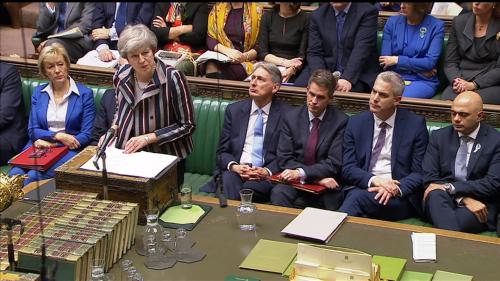
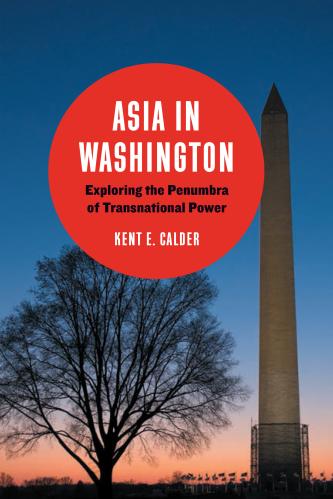
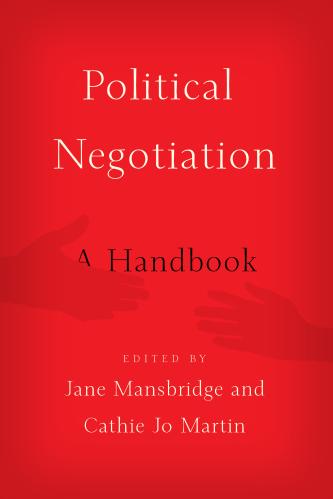
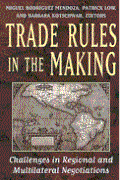




Commentary
Brexit: Advice for the day after
June 24, 2016